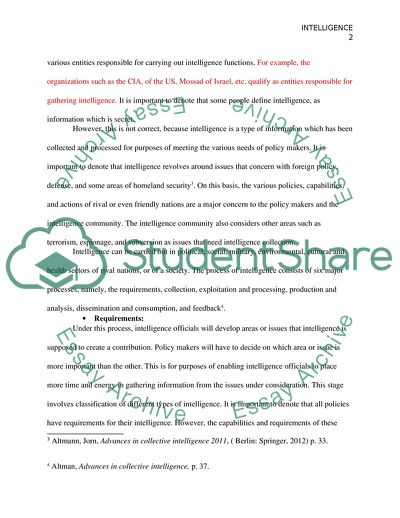Cite this document
(Three Different Perspectives of Intelligence Defining Essay Example | Topics and Well Written Essays - 1250 words, n.d.)
Three Different Perspectives of Intelligence Defining Essay Example | Topics and Well Written Essays - 1250 words. https://studentshare.org/education/1813554-what-is-intelligence
Three Different Perspectives of Intelligence Defining Essay Example | Topics and Well Written Essays - 1250 words. https://studentshare.org/education/1813554-what-is-intelligence
(Three Different Perspectives of Intelligence Defining Essay Example | Topics and Well Written Essays - 1250 Words)
Three Different Perspectives of Intelligence Defining Essay Example | Topics and Well Written Essays - 1250 Words. https://studentshare.org/education/1813554-what-is-intelligence.
Three Different Perspectives of Intelligence Defining Essay Example | Topics and Well Written Essays - 1250 Words. https://studentshare.org/education/1813554-what-is-intelligence.
“Three Different Perspectives of Intelligence Defining Essay Example | Topics and Well Written Essays - 1250 Words”. https://studentshare.org/education/1813554-what-is-intelligence.


